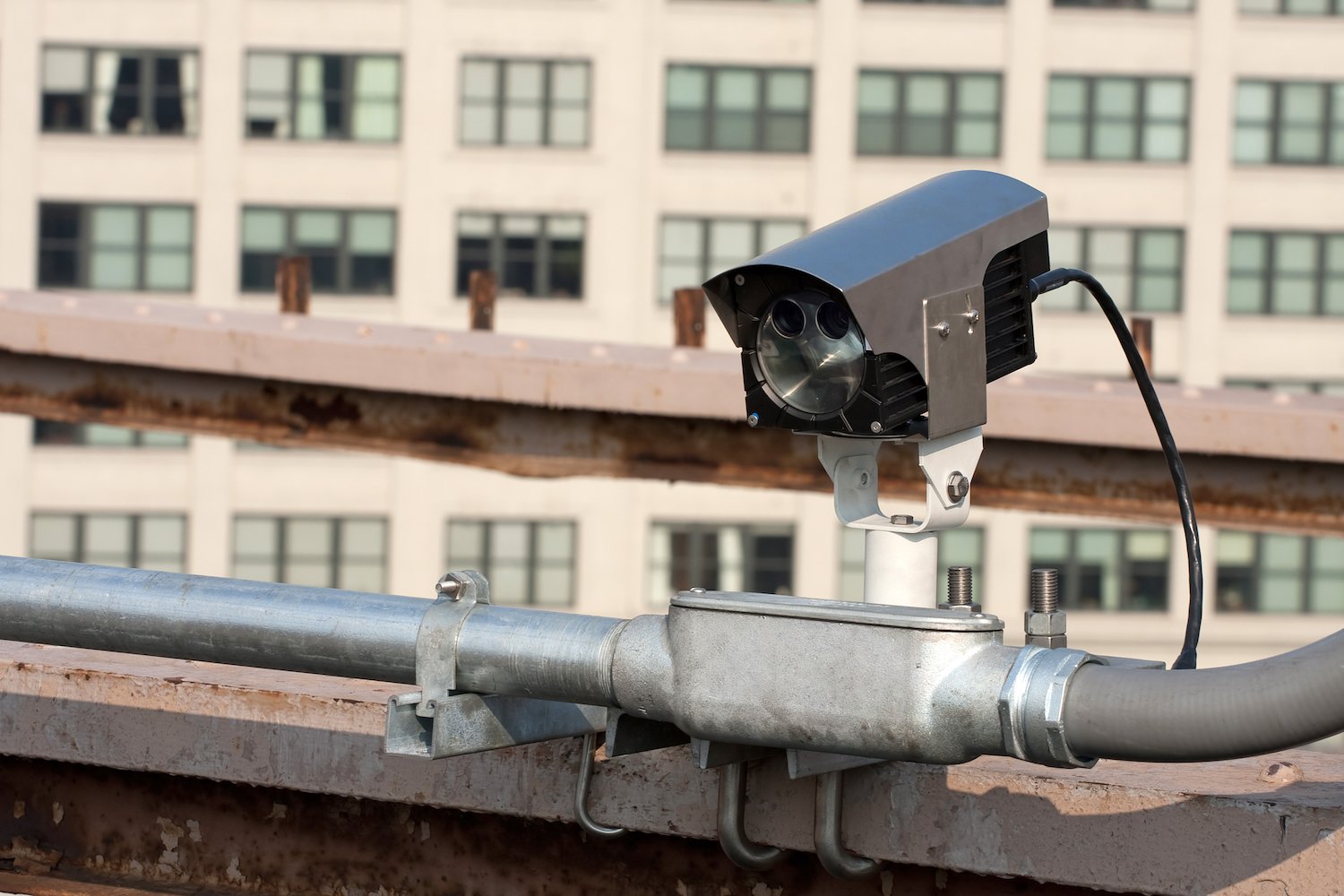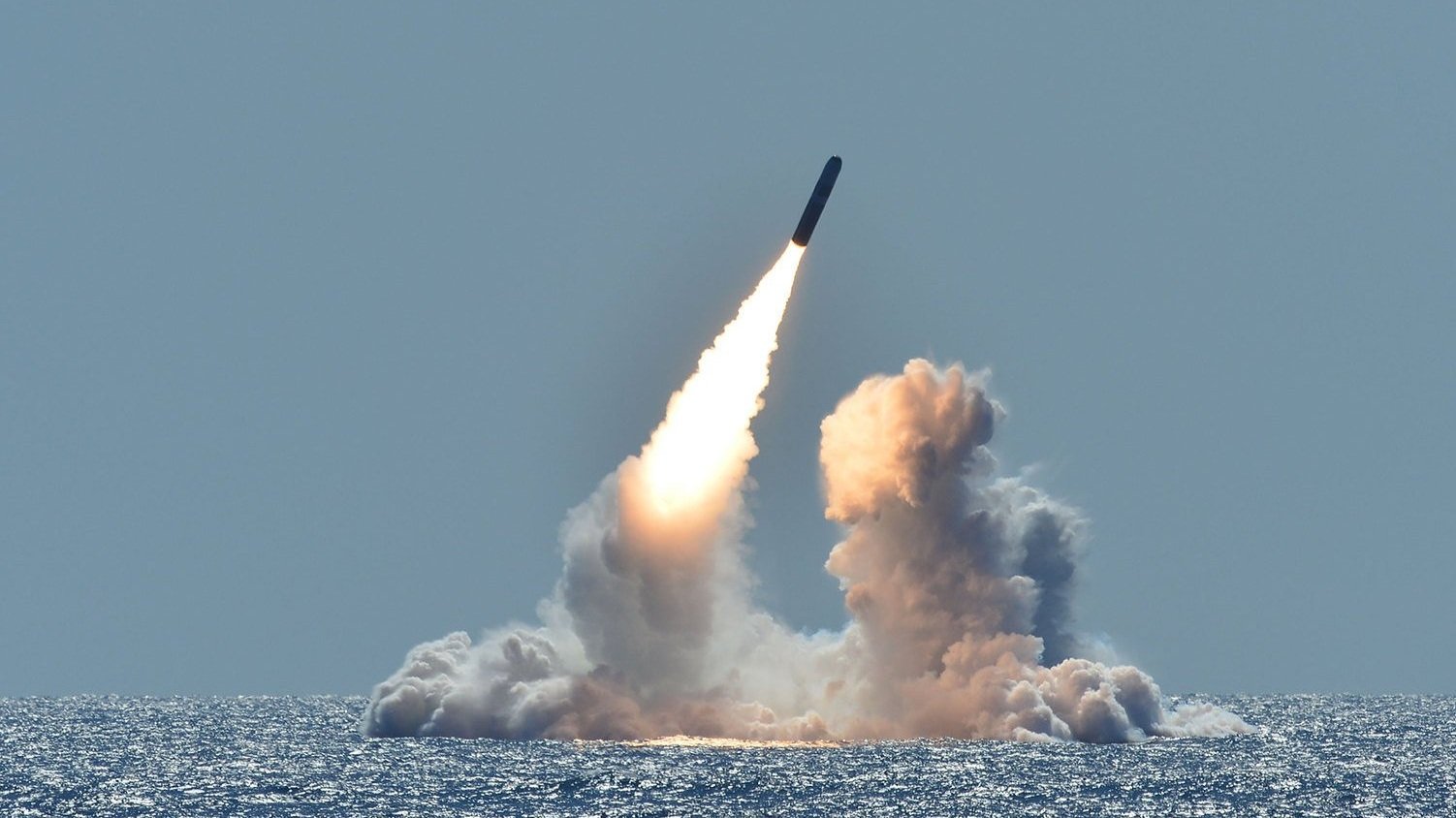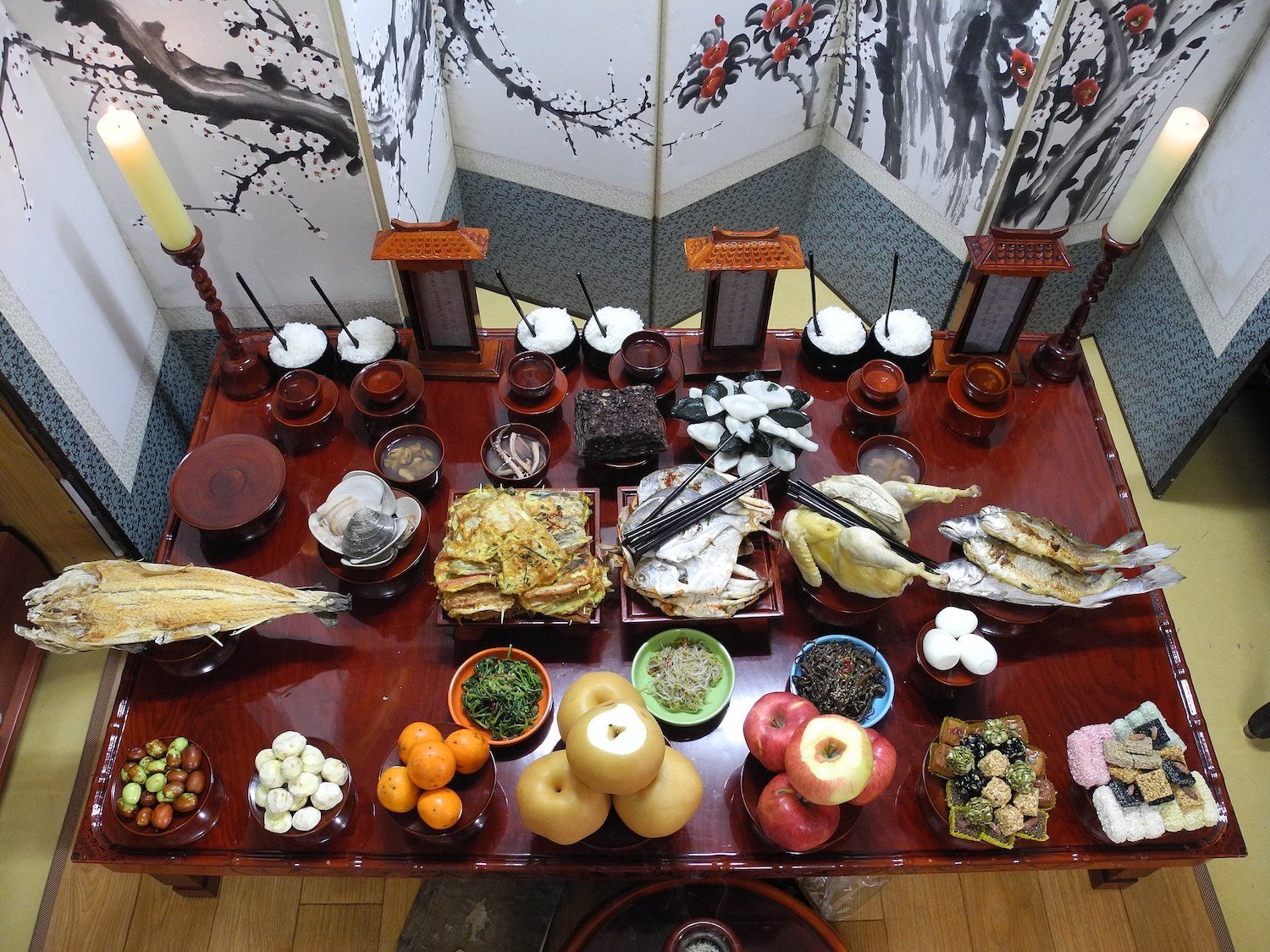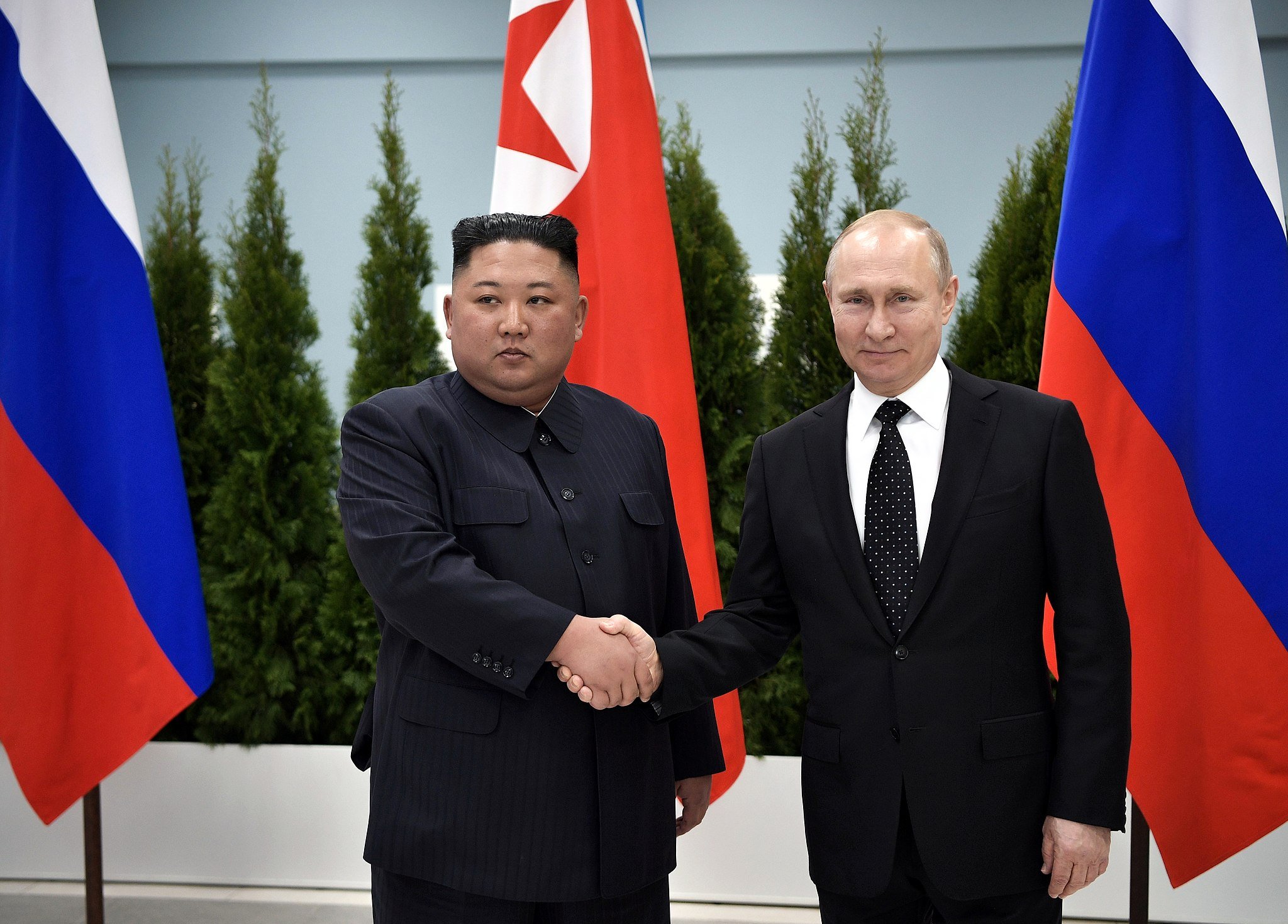North Korean refugee women at a retreat.
We heard many stories from North Korean refugees that joined our events over the past six months. The common thread in most of the stories is that life in South Korea is difficult and many live in isolation or without any sort of a community.
That’s what led us to focus on Elim Community this Giving Tuesday. The aim of our classes and retreats is to foster a safe and loving community for North Korean refugees who often have little support.
A New Visitor
A volunteer from the US taught workout classes to refugee women during her time in Korea this past summer. Since she’s returned home, many women have longingly asked when classes would resume as they truly enjoyed both working out and socializing together. After much searching, we were able to find a local yoga/pilate instructor to teach classes in November and December. A refugee woman brought a friend. This is the feedback we received from the friend:
“Hello. Since God, in his grace, brought me to South Korea, this is the first yoga/fitness class I’ve ever participated in. I want to thank the Elim House team for considering and loving refugees in this way and look forward to more classes like this. Have a wonderful night.”
Jenna’s Summer Retreat
Rail bikes are four-wheeled pedal bikes that are built on railroad tracks. We had an opportunity to enjoy this activity before arriving at our retreat site this past summer. The wheels sound like actual trains slowly passing over tracks. As two North Korean refugee women rode with a couple of our team members, one woman who we call Jenna let out a sigh and reminisced about how that sound reminded her of home. As she soaked in the ocean air, Jenna quietly murmured “Thank you, God” and smiled.
Jenna was one of the four women that joined our first overnight retreat. The retreat was designed as a getaway and a chance for these women to find rest and healing. The refugee women spent the weekend confiding in one another, laughing and crying together. Jenna shared with us about living in the tension between the guilt of family members still left behind in North Korea while trying to thrive in South Korea. The burden she felt for her family back north was palpable. Acknowledging the challenges they all shared of living in this constant tension, Jenna encouraged the other women that they should all help each other and be there for one another.
Meeting Ellie for the first time.
Ellie’s Time at Elim House
This fall we welcomed another refugee into Elim House. We call her “Ellie.” Ellie moved to South Korea in 2005 and scratched out a living as a restaurant worker. Her husband recently became abusive as a result of a mental illness, according to Ellie. She was so miserable that she attempted suicide. Finally, she asked around if there was any other place for her to live.
“I don’t want to divorce him. I just need a break,” she told our staff when she entered Elim House for the first time. Elim House was the resting place she needed.
Ellie has also been enjoying the conversational English classes that were offered by our team. She remembers when she first moved to South Korea and how it took about four to five years for her to fully understand the language.
She has been doing Bible studies with our social workers. Ellie’s curiosity about Christianity has grown and she’s even wondered why she didn’t consider the Bible more seriously in the past.
Looking ahead at 2023
Elim House continues to be a place of physical, emotional and spiritual respite for our refugees. We hope that Elim Community will extend this respite to many others.
The new year is just around the corner and we are so excited to see how God will use our teams and gifts to build Elim Community. Having broader reach enables us to serve more people, including through Elim House and local churches. Thank you for being a part of our journey.














































